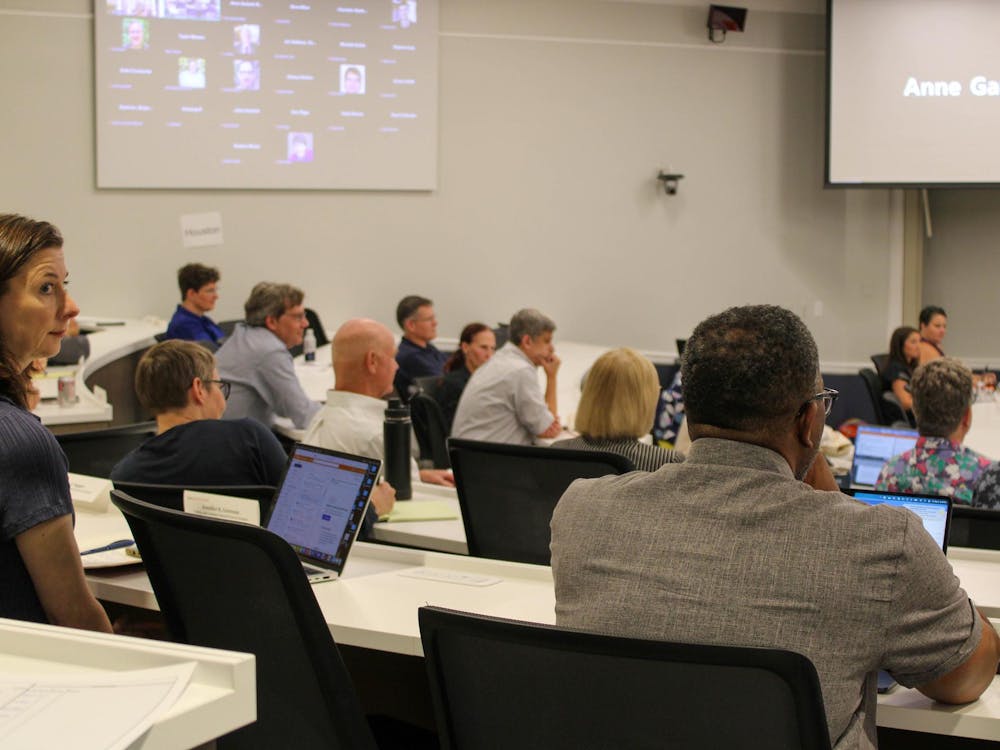Who will be the second black president of the United States?
This was the controversial question posed by Assoc. Politics Prof. Lynn Sanders in a speech she made last night at a University Democrats meeting. Her talk, titled "Who Will Be the Second Black President?," examined the way 2008 Democratic presidential candidates Hillary Clinton and Barack Obama portray their race and gender.
According to Sanders, the title of her speech came from the idea that Bill Clinton has qualities that make him "black," an idea originated by the Congressional Black Caucus and Nobel-prizewinning author Toni Morrison.
The basis for Morrison's claim is Bill Clinton's working-class background and the fact that Americans intruded on his privacy and undermined his achievements, Sanders said, noting that this claim is very controversial.
Sanders also discussed the extent to which Hillary Clinton shares these characteristics. While she noted ways in which Clinton's privacy has been breached and her achievements undermined, she qualified her statements.
"I'm stretching to make her black," she said. "I don't think any of these [characteristics] really resonate."
According to Sanders, support from black voters for both Clintons comes mainly from policies they have supported.
"Economic policy in particular matters to a lot of African-American voters," she said. "In general, the policies the Clinton administration advanced were beneficial to African-American families."
Sanders also highlighted Clinton's limitations, particularly the fact that she is often seen as scripted and controlled.
"She doesn't seem to have an interior that you can get access to," Sanders said.
Another struggle for Clinton, as well as for Obama, is trying to strike a balance between advocating change while also not appearing too risky, Sanders said.
"This is what I really think it's about," she said. "I don't really think people are responding to the personality characteristics that much."
She added that when voters discuss public opinion of presidential candidates they often exaggerate the extent to which people support a candidate solely based on race or gender. In reality, policy is a much more important factor, she said.
University Democrats Vice President Sarah Buckley said she feels the 2008 presidential contest will reveal implicit prejudices people have about women and minorities.
Sanders' speech "is controversial insofar as we don't want to explore the prejudices we all hold even though we want to think of ourselves as egalitarian," Buckley noted before the event. "I hope that the discussion will help us realize that not everyone in the country is necessarily as open[-minded] as students at U.Va."
College Republicans Chair Rob Martin said he does not believe Clinton's gender will have an impact on her candidacy.
"I think the main thing to stress is regardless whether it's a male, female, white, black -- the candidate who wins the 2008 election is going to be the best candidate," he said.
Though Sanders said before her speech that her research assumes implicit attitudes about race and gender matter in elections, she noted that it is difficult to discuss because she can not tell people that she knows -- while they do not know -- the true reasons for their voting preferences.
"Even if we can show in public opinion data that these factors matter, it's not fair to use it as part of our discussion," Sanders said.






